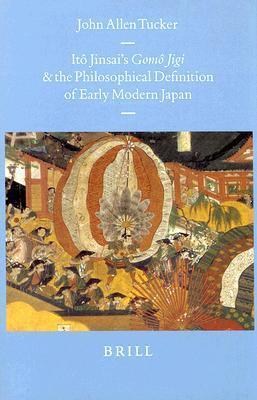
Itô Jinsai's Gomô Jigi and the Philosophical Definition of Early Modern Japan
还没有评分
Biography
Philosophy
格式
精装书
页数
282
语言
英语
已发布
May 12, 1998
出版商
Brill
ISBN-10
9004109927
ISBN-13
9789004109926
描述
In this insightful exploration, readers are introduced to the groundbreaking work of Itô Jinsai, a prominent figure in early modern Japan. His influential text serves as a cornerstone for understanding the philosophical landscape of the time, offering profound reflections that resonate well beyond its historical context. Through a meticulous translation, the author illuminates Jinsai's thoughts, integrating them into the broader tapestry of Japanese intellectual history.
The narrative delves into themes of ethics, governance, and the nature of knowledge, providing a window into Jinsai's worldview during a period of significant cultural transformation. By engaging with the text, readers encounter a nuanced perspective that connects Japan's past with contemporary philosophical discourse, highlighting the relevance of Jinsai's work in modern discussions about philosophy and society.
This comprehensive translation not only makes Jinsai's ideas accessible to a wider audience but also encourages a deeper appreciation of the intricate philosophical dialogues that shaped early modern Japan. The volume invites readers to reflect on the enduring legacy of Jinsai's thought, offering a valuable resource for scholars and enthusiasts alike who seek to understand the complexities of Japan's intellectual heritage.
The narrative delves into themes of ethics, governance, and the nature of knowledge, providing a window into Jinsai's worldview during a period of significant cultural transformation. By engaging with the text, readers encounter a nuanced perspective that connects Japan's past with contemporary philosophical discourse, highlighting the relevance of Jinsai's work in modern discussions about philosophy and society.
This comprehensive translation not only makes Jinsai's ideas accessible to a wider audience but also encourages a deeper appreciation of the intricate philosophical dialogues that shaped early modern Japan. The volume invites readers to reflect on the enduring legacy of Jinsai's thought, offering a valuable resource for scholars and enthusiasts alike who seek to understand the complexities of Japan's intellectual heritage.